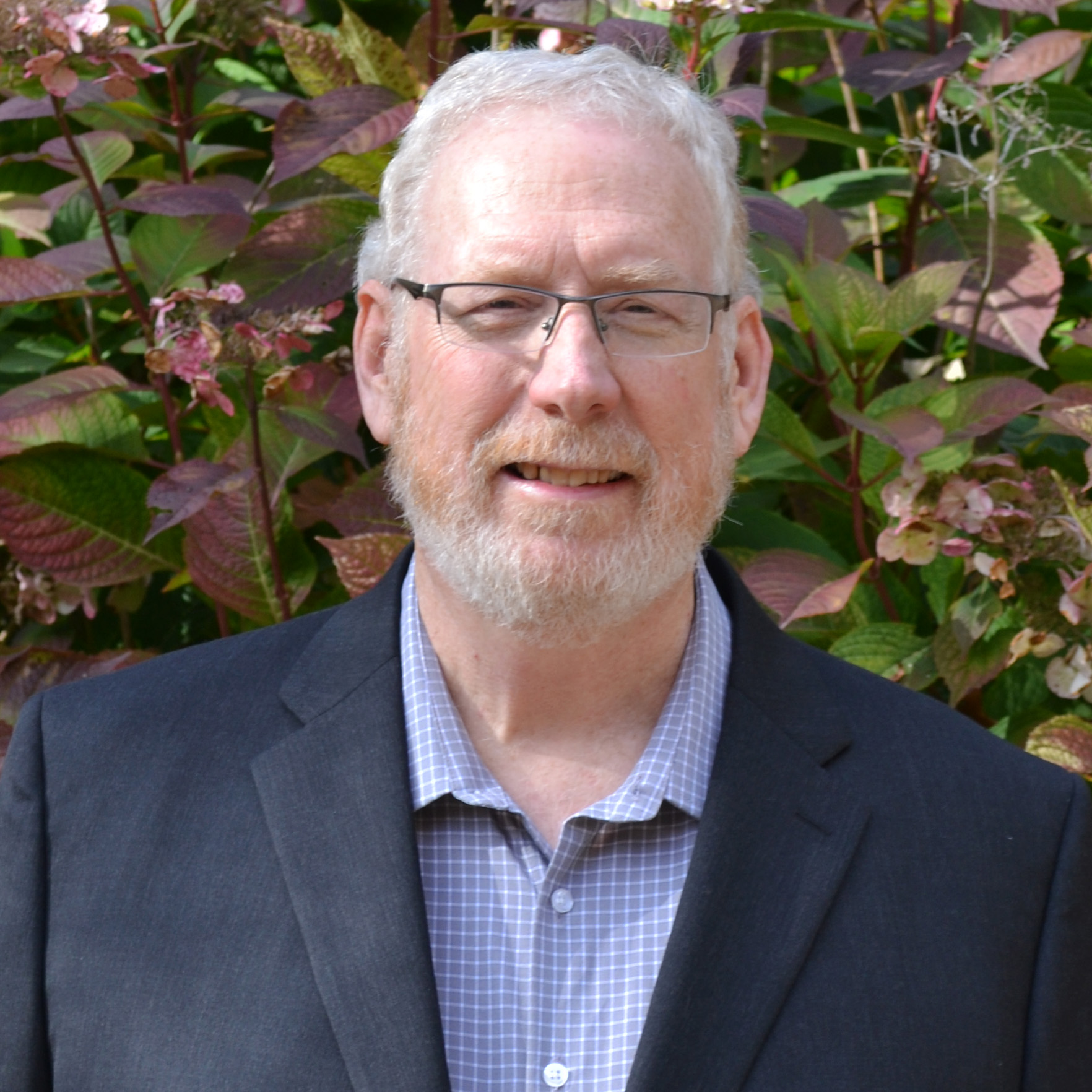Bryan Foster named as new KBS director
After a competitive national search, Michigan State University has selected Bryan L. Foster, Ph.D., as the next director of the W.K. Kellogg Biological Station (KBS)

After a competitive national search, Michigan State University has selected Bryan L. Foster, Ph.D., as the next director of the W.K. Kellogg Biological Station (KBS). Foster, a two-time MSU alumnus and accomplished field ecologist, began his appointment on Nov. 6, 2025.
With a global reputation for excellence in ecological science and evolutionary biology, KBS plays a vital role in advancing MSU’s research, education and outreach missions. Foster brings more than 25 years of experience as an ecologist, educator and field station leader, along with a deep connection to KBS where he completed his graduate studies.
“KBS played a defining role in my growth as a scientist,” said Foster. “Returning now as director feels both humbling and inspiring.”
As he steps into this role, Foster shared more about his background, what drives his passion for ecology and his vision for the future of KBS.
From MSU Graduate Student to Director: Can you share your career journey?
From 1989 to 1996, I was a graduate student at MSU and KBS, where I conducted my master’s and doctoral research in plant community ecology. Afterward, I spent two years as a postdoctoral researcher at the University of Minnesota’s Cedar Creek Long-Term Ecological Research site.
In 1999, I joined the University of Kansas faculty in ecology and evolutionary biology, where I led a long-term research program on grassland dynamics, environmental change and ecological restoration. I also served as director of the KU Field Station from 2018 to 2025. Now, I’ve come full circle and am thrilled to be back at MSU to lead KBS.
What first sparked your passion for ecology and field station research?
As a kid growing up in Texas, I spent hours exploring the pastures and woodlands behind my house. That curiosity about nature led to studying natural resource management in college and later to field research.
During a senior capstone course at a field station, I came to realize the special significance of these places for long-term research and collaboration. My graduate years at KBS confirmed that this was the kind of environment where I wanted to spend my career.
As you step into this role, what excites you most about leading KBS?
There is a great deal to be excited about. I’m motivated to support our outstanding faculty by reducing barriers and creating new opportunities to enable them to do what they do best: conduct world-class research, make discoveries, and train the next generation of scientists. I am truly thrilled to be back at MSU to lead KBS.
I’m also focused on strengthening our education and outreach programs so the impact of KBS research reaches even further. Just as important, I want to maintain the close-knit, supportive community that makes KBS such a special place to work and learn.
How do you plan to strengthen support for researchers, students and the MSU community?
In today’s challenging funding environment, we need to be creative. I plan to seek new partnerships in both the public and private sectors to support the research, training and education goals of KBS and MSU.
I also want to increase KBS’s visibility, strengthen connections with departments on campus and expand the research and learning opportunities available to MSU students.
How do your long-term research interests align with KBS’s mission?
My research explores how environmental factors and species interactions shape plant communities and how they respond to change. I’ve spent much of my career running long-term field experiments, the kind that KBS is known for.
That focus on basic and applied ecology, collaboration and long-term science aligns perfectly with the KBS tradition.
Outside of your professional work, what inspires or recharges you?
I love spending time outdoors, exploring nature, cycling, gardening and relaxing with family and friends. Music is also a big part of my life, and I enjoy listening to just about every genre.
About KBS
Located near Hickory Corners, Michigan, the W.K. Kellogg Biological Station is MSU’s most extensive off-campus education and research complex. KBS is internationally recognized for advancing ecological and agricultural research, as well as for training scientists through hands-on, field-based learning.



 Print
Print Email
Email

